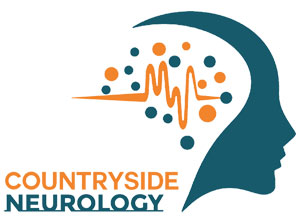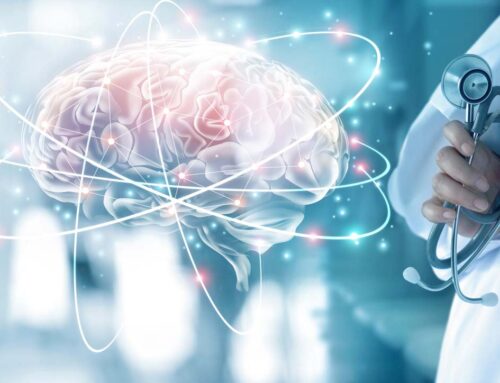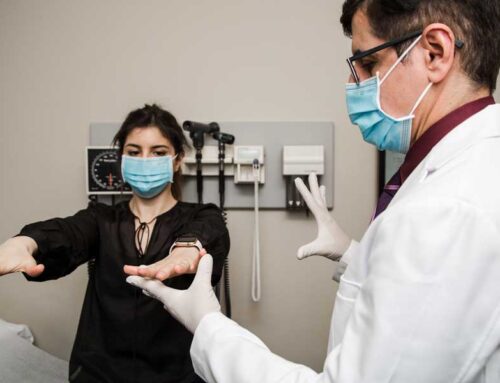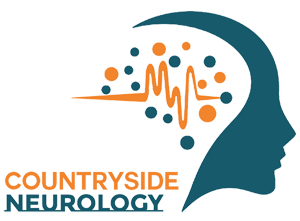Are you or someone you know struggling with treatment-resistant depression? If so, you’re not alone. Depression is a complex and challenging condition that can significantly impact your quality of life. Fortunately, there’s hope on the horizon in the form of Transcranial Magnetic Stimulation (TMS) therapy—a groundbreaking treatment option that’s revolutionizing mental health care.
How TMS Works
TMS therapy works by stimulating specific areas of the brain known to be involved in mood regulation, such as the prefrontal cortex. During a TMS session, a highly focused magnetic field is delivered to targeted areas of the brain, stimulating neuronal activity and promoting the release of neurotransmitters like serotonin, dopamine, and norepinephrine—chemicals that play key roles in mood regulation.
Unlike traditional treatments for depression, such as medication or talk therapy, TMS therapy directly targets the underlying neurological mechanisms thought to contribute to depression, offering a more precise and targeted approach to treatment.
What to Expect
If you’re considering TMS therapy for depression, you may be wondering what to expect during the treatment process. Here’s what you can anticipate:
- Initial Evaluation: Before starting TMS therapy, you’ll undergo a comprehensive evaluation to determine if you’re a suitable candidate for treatment. This evaluation may include a review of your medical history, a psychiatric assessment, and a discussion of your treatment goals.
- Treatment Sessions: TMS therapy typically involves a series of sessions conducted over several weeks. During each session, you’ll recline comfortably in a chair while a TMS device delivers magnetic pulses to targeted areas of your brain. The treatment itself is non-invasive and painless, and most patients are able to resume their normal activities immediately afterward.
- Gradual Improvement: While some patients may experience improvement in their symptoms after just a few sessions, others may require more time to see results. It’s important to remain patient and committed to the treatment process, as TMS therapy has been shown to be highly effective in reducing symptoms of depression in many individuals.
- Follow-Up Care: After completing a course of TMS therapy, you’ll continue to receive support and follow-up care from your treatment team. This may include periodic evaluations to monitor your progress and adjustments to your treatment plan as needed.
Success Stories
Countless individuals have experienced life-changing results with TMS therapy, finding relief from the debilitating symptoms of depression and reclaiming their quality of life. From improved mood and energy levels to enhanced overall well-being, the benefits of TMS therapy are truly transformative.
Ready to take the first step toward fast depression relief with TMS therapy? Contact Countryside Neurology at 727-712-1567 to learn more about this innovative treatment option and schedule your consultation today. Don’t let depression hold you back—discover the power of TMS therapy and take control of your mental health journey.





